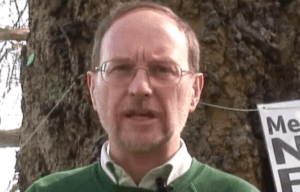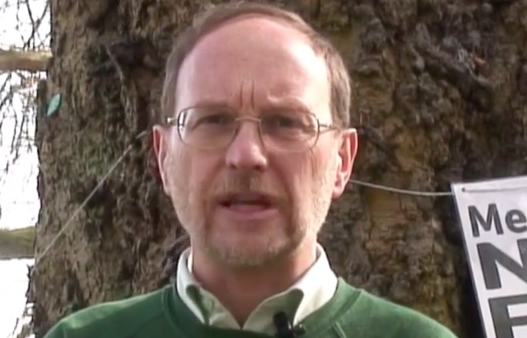
The prospect of bringing heroin ‘first aid kits’ to the city in case of accidental overdose is being examined after a query from a city councillor.
Liverpool’s Public Health Department is now researching the effects of naloxone, a substance which reverses the consequence of opioid overdose. The scheme has already been introduced in Wales in 2009 and in Scotland a year later, with evidence it can help save lives.
Green party councillor Lawrence Brown asked if the initiative would be introduced in the future, posing the question to the city’s Health and Wellbeing board.
Brown told JMU Journalism: “Successful pilots in Scotland and Wales have resulted in a ‘take home’ format being made available. However, despite ambulances and other health professionals having access to Naloxone, this is not yet available in a take home format in England.
“I would like to see the process of introducing this speeded up to reduce the possibility of unnecessary deaths from accidental opioid overdose.”
In their reply to Brown, the city’s Public Health Department said: “Naloxone is a drug which is recommended by the World Health Organisation for the treatment of opioid overdose. It has been rolled out in a take-home format in both Scotland and Wales as part of a national programme. In England, there is no such national programme currently in place.
“In July 2014, Jane Ellison, Parliamentary Under-Secretary of State for Public Health confirmed that the Medicines and Healthcare Products Regulatory Agency is drafting regulations to give effect to the recommendations with a view to implementing guidance from 1st October 2015.”
In 2013, there was 765 deaths relating to heroin or morphine, a 32% increase from 2012. The Advisory Council on the Misuse of Drugs has called for the drug to be more readily available. It works similarly to epi-pens, were it can be carried by the user at all times and can be used when they have overdosed on heroin, coming in pre-filled syringes.
The Public Health Department is keen to have it introduced as early as October, but will ask Scotland and Wales for evidence the drug is viable in saving lives.
It has already held talks with Addaction, a drug treatment provider, over the issue. Many questions are yet to be answered including how, for example, will the treatment be distributed and kept safe as well as how it will be paid for.
Councillor Brown added: “I would hope that this would be the latest date and that efforts will be made to bring the date forward. Failing that happening, I sincerely hope that there is no slippage to the October date.”

